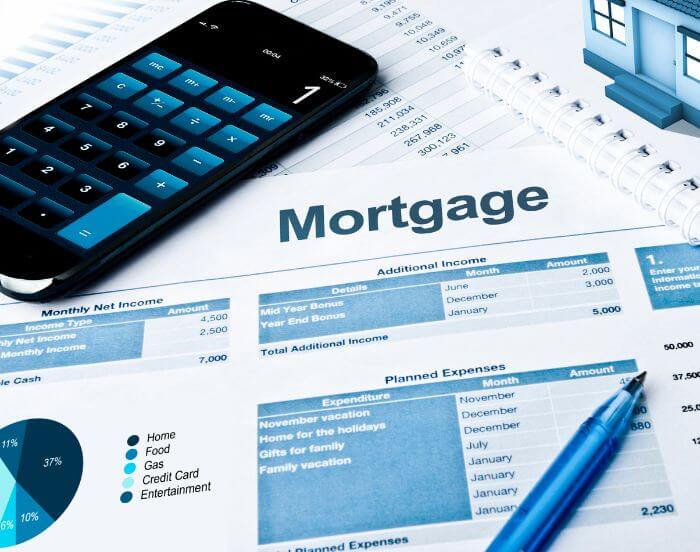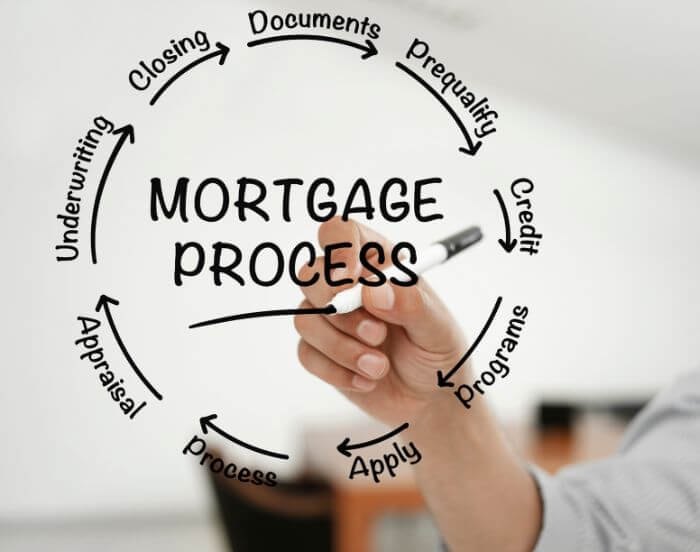
Non-qualified mortgage (Non-QM) loans offer more flexibility for certain types of borrowers, such as self-employed individuals or those with bad credit scores, but they also come with certain risks and downsides.
By understanding non-qualified mortgages, borrowers can decide whether this type of loan is right for them.
In this article, we will explore what non-QM loans are, how they differ from traditional mortgages and QM loans, and the pros and cons of this type of loan. We will also look closely at the requirements, processes, and options available with this type of mortgage loan.
What Are Non-QM Loans?
Non-QM loans are a type of home loan that does not meet the strict guidelines set by the federal government for qualified mortgages (QM). These loans are also known as non-qualified mortgages.
There are several types of non-qualified mortgage loans that lenders offer.
Statement Loan
One popular type of Non-QM mortgage is the bank statement loan, designed for self-employed borrowers who may have difficulty providing traditional income documentation.
Interest-only Loans
Another type is the interest-only loan, which allows borrowers to make interest-only payments for a certain time before transitioning to a traditional non-QM mortgage loan payment structure.
Non-QM mortgages differ from traditional mortgages and QM loans because they are not subject to the same strict guidelines and non-QM loan requirements. This means that borrowers with bad credit scores or unique income situations may qualify for a non-QM mortgage when they cannot qualify for a traditional loan mortgage or QM loan.
However, these loans usually have higher interest rates and may have different loan terms and options.

Non-QM Loans Pros and Cons
In this section, we will take a closer look at the benefits and drawbacks of non-QM loans.
Pros of Non-QM Loan programs
- More flexibility for certain types of borrowers
- Self-employed borrowers and those with low credit scores may have difficulty qualifying for traditional mortgages or QM loans but may be able to qualify for non-QM loans
- Different loan options, such as interest-only payments and investment property loans
Cons of Non-QM Loan
- Higher interest rates
- Potential for negative amortization
- Less protection for the borrower
It’s important to consider the pros and cons of non-QM loans and compare them to the terms and conditions of traditional mortgages and QM loans before deciding. Also, it’s essential to consider your financial situation and the long-term impact of the loan.

Qualified Mortgages: Requirements and Process
Qualified mortgages, or QM loans, are a type of home loan that meet strict guidelines set by the federal government. These guidelines are designed to ensure that borrowers can repay the loan and that the loan is not considered a high-risk loan.
Qualified Mortgage Requirements
To qualify for a QM loan, borrowers must meet certain requirements, such as a maximum debt-to-income ratio, a maximum loan amount, and certain credit score requirements. Furthermore, borrowers must provide traditional income documentation, such as pay stubs and tax returns.
Qualified Mortgage Process
The process for obtaining a QM loan is similar to the process for obtaining a traditional mortgage. Borrowers will work with a mortgage lender to complete a loan application, provide the required documentation, and go through the underwriting process.
Furthermore, the lender will then provide an approval or denial based on the borrower’s qualifications and the loan’s compliance with the QM guidelines.

Mortgage Lenders and Non-QM Loans
Lenders play a crucial role in the non-QM loan process by assessing borrowers’ ability to repay the loan and determining their eligibility for a non-QM loan. This can include analyzing bank statements, tax returns, and credit reports.
Different types of lenders offer non-QM mortgages, including traditional banks, credit unions, and online lenders. Some of these lenders specialize in non-QM loans and may have more experience and expertise in this type of loan.
When choosing a lender for a non-QM mortgage, it’s essential to compare the loan options and interest rates offered by different lenders. Also, it’s crucial to work with a lender who understands your financial situation and can help you find the best loan option for you.
Takeaway
Before making a decision, it is critical to understand the pro and cons of non-QM loans, as well as the requirements and process for obtaining one. Additionally, it’s vital to compare the terms and conditions of non-QM loans to those of traditional mortgages and QM loans.
The role of mortgage lenders in the non-QM loan process is crucial, and it’s also vital to work with a reputable and experienced lender to ensure that the loan process goes smoothly and that you are protected as a consumer.
Moreover, you should be aware of the Consumer Financial Protection Bureau (CFPB), which aims to protect consumers from deceptive and abusive practices in the mortgage market.
Ultimately, making a well-informed decision that aligns with your financial goals and plans is significant. It may be helpful to consult with a financial advisor or a loan officer before making a decision.
Finally, you can use a non-QM loan calculator to see if non-QM financing is the right option for you and your unique financial situation.


